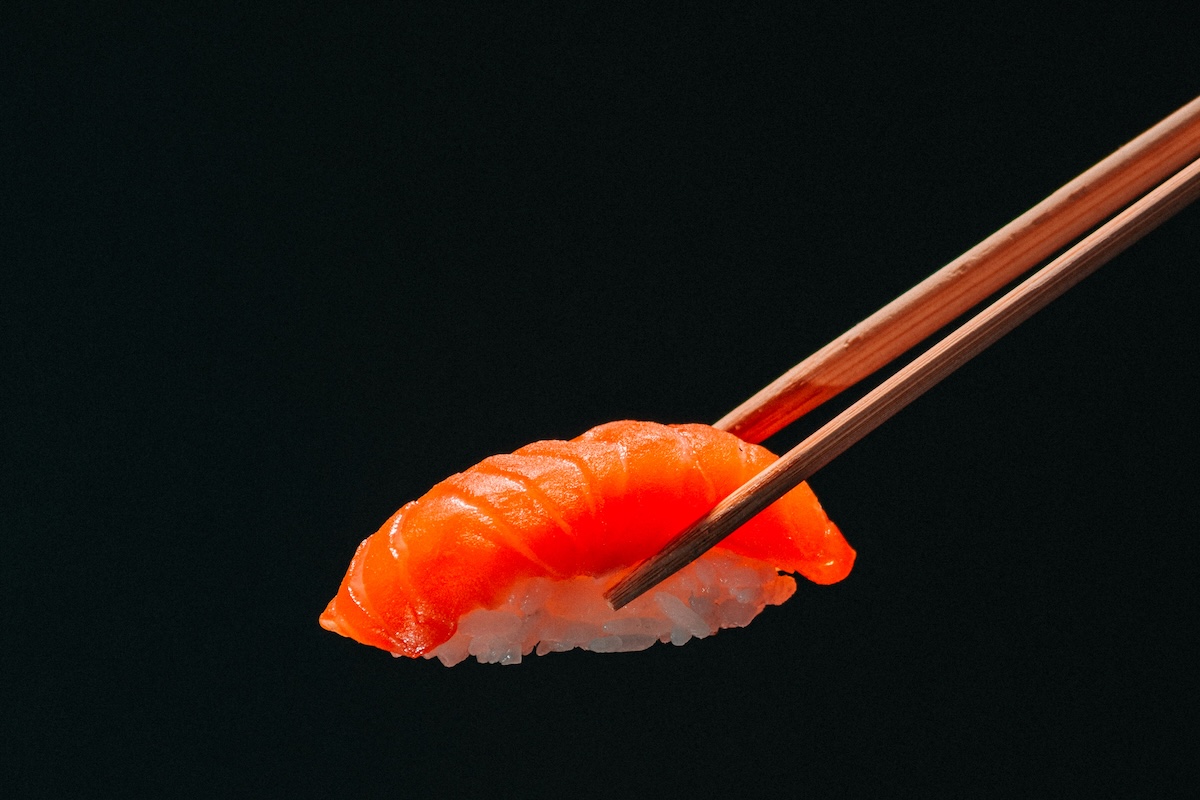

The better health trend is something that favours the likes of Sushi Hub!
Last year Guzman Y Gomez (GYG) listed on the stock market. Its share price spiked from $29 to over $43 between June and December. When the AFR tells us that Sushi Hub is set to open its 200th store and the owners think they’re worth a billion dollars, it’s not an easily ignored story, especially for stock market players. By the way, last year the business racked up $200 million in revenue, so a lot fish got gutted and diced to make that impressive figure!
.
At this stage, private equity groups are circling like the sharks they can be but the owners, headed up by CEO Raymond Chen, are saying no to offers. For those wanting the GYG playbook for success, the founders brought in funders who took equity. One of those was a former local McDonald’s CEO, Guy Russo. Another was Peter Richie, the first leader of the US burger chain in the 1970s.
So far, Sushi Hub doesn’t have expert franchisee players steering the business. And they don’t have private equity pumping money in, though there could be family money helping the expansion.
Importantly, the founders are restrictive about who it permits to buy a franchise. “Unlike other fast-food chains, it only allows store managers who already understand the business to become franchisees,” the AFR’s Campbell Kwan and Carrie LaFrenz tells us.
Like GYG, Sushi Hub has been helped by being in the right business at a time when the better health options for Australian consumers is on the rise. This trend partly explains why Domino’s Pizza’s share price has gone from $161 in 2021 to, wait for it, $18.87 today!

But the better health trend is something that favours the likes of Sushi Hub. This was how the AFR reported this social change: “According to market research firm Ibisworld, the fast food sector is forecast to grow 2.9 per cent to almost $30 billion. Much of that growth is expected from brands that are perceived to have healthier food options, such as Mexican and sushi businesses, JPMorgan analyst Bryan Raymond says.”
When JPMorgan surveyed consumers last month, 26% selected Sushi in their top 5 food categories, which, of course, means 74% didn’t. But this is a better health trend that experts don’t see turning around.
For the record, 72% put burgers at the top of their preferred fast food, followed by pizza at 58%, chicken 56%, fish & chips 38% and Chinese at 36% to complete the top 5. Sushi came in at 26%.
Raymond Chen came to Australia from China in 2000 as a 16-year old. In 2002 he moved in as a flatmate with his eventual co-founders — Leon Li and James Chen. Tapping family money, they bought a Cabramatta bakery called Breadtop in 2005, which they still own today. A year later, they opened their first Sushi Hub.
Like a lot of entrepreneurs, their ‘overnight success’ actually took about 20 years but it’s an admirable story of achievement. And it should be pointed out that 55% of the 200 stores in the group are owned by franchisees. While this is a plus for funding, it can be a problem for leading and controlling a business.
Like many stock market-interested Australians, I’m keen to see if Sushi Hub eventually lists like GYG did last year. If they do, it might be valuable for me to show what has happened to GYG’s share price over the past year.

The stock market is a tricky place to make money and new companies with lots of rivals can have unexpected challenges, especially when they want to do fast food in the grand central of fast food — the USA!